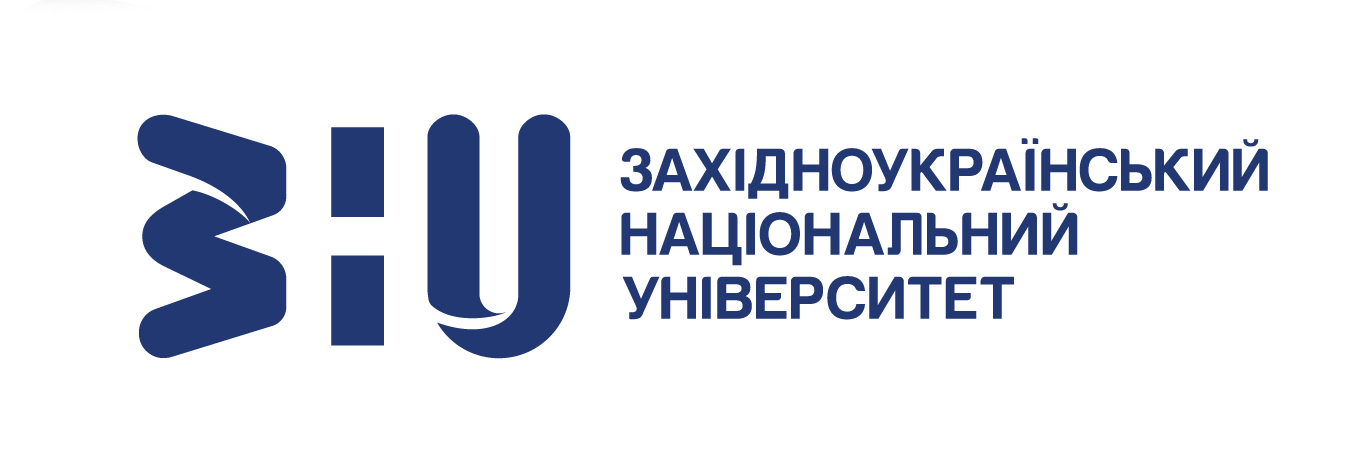INNOVATIVE INSTRUMENTS FOR MANAGING PERSONNEL OF TRANSNATIONAL CORPORATIONS
DOI:
https://doi.org/10.35774/rarrpsu2019.24.086Keywords:
coaching, multinational corporation, coaching model, mentoring, mentor, innovation, staff trainingAbstract
The article explores coaching and mentoring as innovative personnel management tools and their importance for the effective management of human resources in order to increase the company's competitiveness. The interpretation of the term “coaching” is given. It has been analyzed as one of the important factors for improving the organization’s activity. At present, the topic of coaching has become one of the most sought after in the field of management and consulting. The benefits of coaching are presented and characterized.Successful experience of using coaching technologies in multinational corporations, in particular on the example of companies of the USA, Japan, Singapore and Western Europe is considered. Coaching was compared with mentoring. Mentoring puts more emphasis on the practical part when an experienced employee trains the less experienced. Mentoring is a long process.
The main advantages of using these management tools in the context of globalization are substantiated. Basic coaching models are presented and characterized. Coaching technologies are aimed at transforming the company personnel management system. They are aimed at achieving the goal with the most optimal use of resources and the development of company employees. Coaching technologies create an environment where change happens most easily, quickly and naturally. For greater productivity, relationships between volume managers and employees must be based on partnership, trust and security.
The scientific principles of coaching implementation in organizations as a method of managing their development and effectiveness are highlighted. It has been proven that coaching allows employees to adapt to change as quickly as possible and achieve maximum self-realization.
References
Banit, O. (2018) Systems of professional development of managers in multinational corporations corporations: experience of Germany and Poland [Systems of Professional Development of Managers in Transnational Corporations Corporations: The Experience of Germany and Poland]: monograph. Kyiv : DKS Center, 414 p.
Zadorozhnaya, L. (2017) Effectiveness of coaching as an innovative management style [Effectiveness of coaching as an innovative management style. Global and national problems of economy]. Global and national problems of economy, vol. 19, pp. 71–74.
Kara, N., Kostyuk, O., Yankovskaya L., Pisny V. (2009) Formation of human capital in transnational corporations [Formation of human capital in multinational corporations]. Bulletin of the National University. No. 649, pp. 276–283.
Kotovskaya, I. (2016) Coaching as a new method of personnel management [Coaching as a new method of personnel management]. Socio-economic problems and the state, Vyp. 1 (14), pp. 178–184.
Lev, N., Bala, R. (2012) Coaching models: characteristics and features of application [Coaching models: characteristics and features of application]. Bulletin of the National Univ. Lviv Polytechnic: Coll. Sciences, № 727, pp. 76–81.
Nikolaychuk I. (2015) Coaching in the personnel management system [Coaching in the personnel management system]. KNEU Bulletin, № 4, pp. 50–67.
Pavlov, V., Kushniruk, O. (2012) Coaching and mentoring in entrepreneurship in Ukraine [Coaching and mentoring in entrepreneurship in Ukraine]. Management and Entrepreneurship in Ukraine: Stages of Formation and Problems of Development, pp. 276–280.
Chernenko, O. (2019) Application of the coaching method in the personnel management system of a trade organization to improve labor productivity [Application of the coaching method in the personnel management system of a trade organization to improve labor productivity]. Academic notes from KROK University, № 2 (54), pp. 159–168.
Whitmore, J. (2002) Coaching For Performance: Growing People, Performance and Purpose. London ; Naperville, USA : Nicholas Brealey, 180 p.


